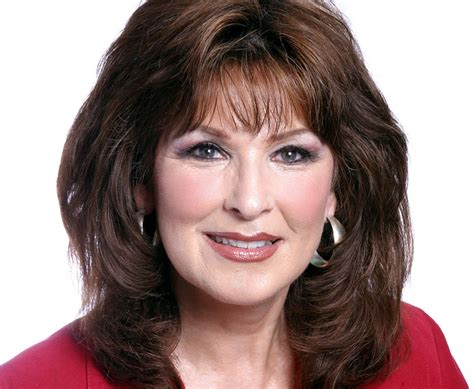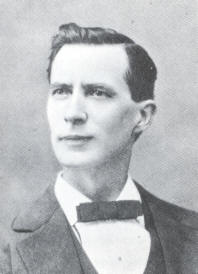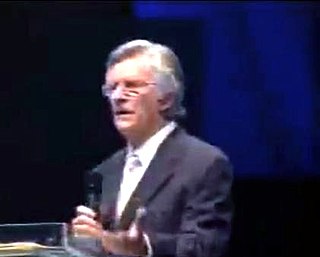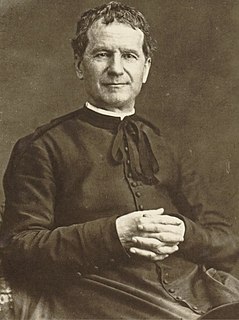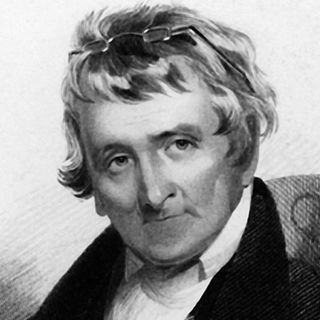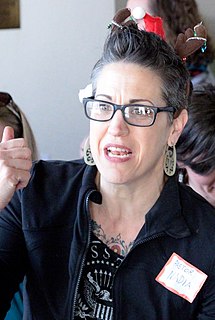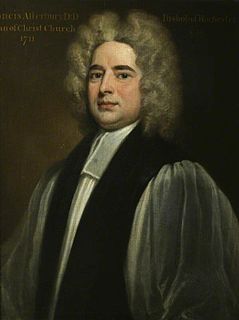A Quote by Sue Augustine
God uses our conscience. He knows we can only start over when we are not condemning ourselves anymore.
Related Quotes
The wisest is he that knows only that he knows nothing. God only knows. We mortals are only troubled with morbid little ideas, sired by circumstance and damned by folly. The human head can absorb only the flavorings of its surroundings. We assume that our faith political and our creed religious are founded upon our reason, when they are really made for us by social conditions over which we had little control.
We compromise ourselves the day we are born. If we are looking for the original sin, there it is- our incapacity to live honestly with ourselves because we are human, because we are shackled by custom, by obligations and we accept compromise only in the light of our conscience, answerable as we are only to ourselves.
Conscience, the sense of right, the power of perceiving moral distinctions, the power of discerning between justice and injustice, excellence and baseness, is the highest faculty given us by God, the whole foundation of our responsibility, and our sole capacity for religion. ...God, in giving us conscience, has implanted a principle within us which forbids us to prostrate ourselves before mere power, or to offer praise where we do not discover worth.
We tend to think that refusing to exalt Christ is staying true to our self-will and personal freedom when really we are condemning ourselves. Sure, we can pretend to stay true to ourselves, but if you want to talk about reality, all of that is completely trivial if this life is an island and He's the only pilot with a plane and a flight plan.
This solidarity can grow only in inverse ratio to personality... Solidarity which comes from likenesses is at its maximum when the collective conscience completely envelops our whole conscience and coincides in all points with it... when this solidarity exercises its force, our personality vanishes, as our definition permits us to say, for we are no longer ourselves, but the collective life.
We talk to ourselves incessantly about our world. In fact we maintain our world with our internal talk. And whenever we finish talking to ourselves about ourselves and our world, the world is always as it should be. We renew it, we rekindle it with life, we uphold it with our internal talk. Not only that, but we also choose our paths as we talk to ourselves. Thus we repeat the same choices over and over until the day we die, because we keep on repeating the same internal talk over and over until the day we die. A warrior is aware of this and strives to stop his internal talk.
But what of the voice and judgment of conscience? The difficulty is that we have a conscience behind our conscience, an intellectual one behind the moral. ... We can see quite well that our opinions of what is noble and good, our moral valuations, are powerful levers where action is concerned; but we must begin by refining these opinions and independently creating for ourselves new tables of values.
Health is God's great gift, and we must spend it entirely for Him. Our eyes should see only for God, our feet walk only for Him, our hands labor for Him alone; in short, our entire body should serve God while we still have the time. Then, when He shall take our health and we shall near our last day, our conscience will not reproach us for having misused it.
It happens to all of us, I concluded that Easter Sunday morning. God simply keeps reaching down into the dirt of humanity and resurrecting us from the graves we dig for ourselves through our violence, our lies, our selfishness, our arrogance, and our addictions. And God keeps loving us back to life over and over.
He is not far off; He is there, very close. He is looking at us, and He is begging this sorrow, this agony from us. He needs it for souls and for our soul... Alas, it does pain Him to give us sorrows to drink, but He knows this is the only means of preparing us to know Him as He knows Himself and to become God's ourselves.
